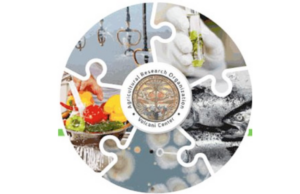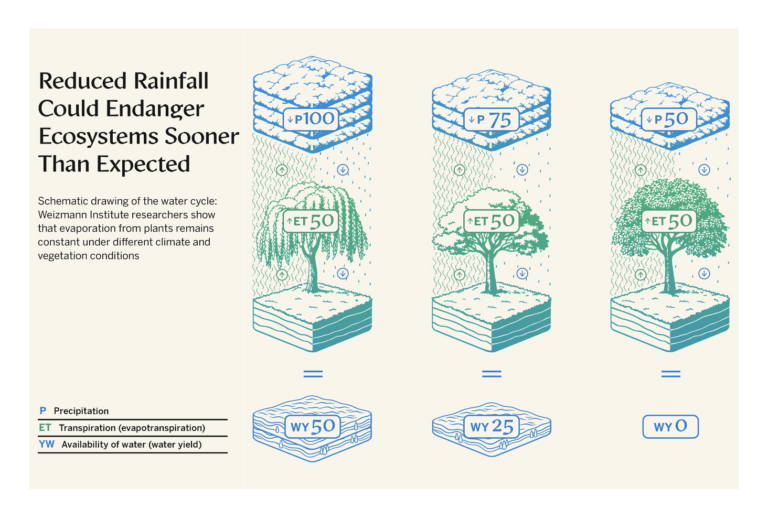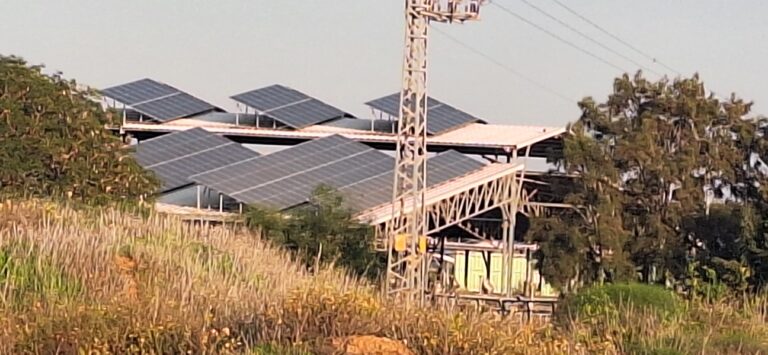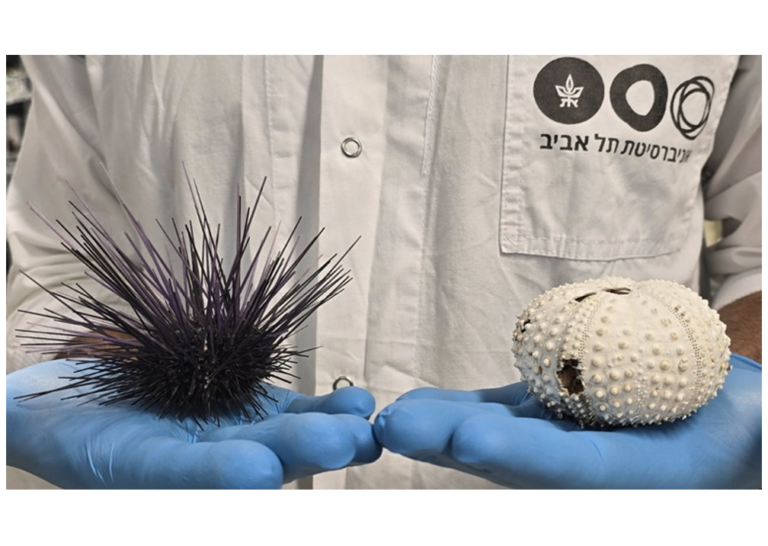Lutte contre la faim et pour la paix dans le monde, Volcani et le WFPC signent un accord pendant Agritech 2015

[:fr]Les démographes prévoient 9 milliards d’habitants en 2050. Comment relever le défi de nourrir la planète ? Comment produire mieux, autrement, pour s’adapter à cette poussée démographique et au changement climatique ? Grâce à son savoir-faire dans le domaine agricole, Israël est un acteur majeur de la lutte contre la faim dans le monde. A l’occasion du salon Agritech 2015, qui se tient en ce moment à Tel Aviv, le centre Volcani de recherche agricole (ARO) va signer un MoU avec le WFPC demain jeudi 30 avril en vue de former un partenariat pour réduire les pertes post récoltes dans les pays en voie de développement et lutter plus efficacement contre la crise alimentaire au niveau mondial.
Le WFPC est un regroupement unique de dix universités de recherche sur six continents qui vise à créer des techniques durables pour lutter contre le gaspillage alimentaire, en particulier dans les pays à économie émergente. Ces universités recrutent des étudiants des cycles supérieurs des pays en voie de développement et leur dispensent des cours de niveau international dans le domaine de la préservation des post-récoltes.
Alors que la moitié des récoltes dans les pays à faible revenu est perdue avant d’être consommée, d’immenses fonds en recherche agricole continuent d’être dépensés pour la production alimentaire. Les membres du WFPC veulent corriger ce déséquilibre, guidés par la conviction que la prévention de l’insécurité alimentaire peut également prévenir l’instabilité politique et la violence.
 [:en]During Agritech 2015, the Agricultural Research Organization (Volcani Center) in Israel will sign a memorandum of understanding to form a partnership with the World Food Preservation Center LLC with the goal of reducing postharvest losses of food in developing countries. Their joint efforts will seek to combat food scarcity and hunger.
[:en]During Agritech 2015, the Agricultural Research Organization (Volcani Center) in Israel will sign a memorandum of understanding to form a partnership with the World Food Preservation Center LLC with the goal of reducing postharvest losses of food in developing countries. Their joint efforts will seek to combat food scarcity and hunger.
The World Food Preservation Center, LLC, is a unique coalition of ten research universities on six continents who are working to build sustainable techniques to combat food loss, particularly in emerging economies. The universities who participate will also recruit graduate students from the developing world and provide them opportunities for a world-class education in the postharvest preservation of food. As much as half of harvested food in low-income countries is lost before being consumed, and yet the vast majority of agricultural research money continues to be spent on food production. The World Food Preservation Center’s participating institutions seek to correct that imbalance, guided by the belief that preventing food insecurity can also prevent future political instability and violence.
The World Food Preservation Center’s “sister” universities and ARO will pioneer low-cost, sustainable, and regionally-adapted techniques of food preservation, such as solar refrigeration, biological control, and active and intelligent packaging. The institutions will actively recruit students from developing countries who wish to return home after receiving an M.S. or Ph.D. degree to establish independent research, education and extension programs in their native countries—or to further the cause of postharvest food preservation in government or in industry there. The World Food Preservation Education Foundation, a 501 (c)(3) public charity, seeks to provide scholarship assistance to these students to minimize or eliminate their education costs.

“We see the partnership of the WFPC with ARO in Israel as a major step forward in our mission of educating young scientists from developing countries in the latest technologies for the postharvest preservation of food,” said Dr. Charles Wilson, Founder/Chairman & CEO of the World Food Preservation Center, LLC.
“The World Food Preservation Center, LLC, is very fortunate to have the ARO Volcani Center in Israel as a partner as we attack one of the most intractable problems of our time –world hunger. Current projections suggest that even with improved crop yields, we will not be able to meet the world’s demand for food by 2050. The postharvest expertise and educational capability of the ARO Volcani Center will be invaluable as we work to confront this challenge,” said Dr. Wilson. “ARO is well-positioned to provide a world-class education to young postharvest students/scientists in developing countries who are familiar with the postharvest food losses in their countries and eager to reduce them. Their work will continue generationally.”
“We feel that the ARO will become a worthy contributor to the programs of the World Food Preservation Center, LLC, particularly through our expertise in the Postharvest and Food Science Institute,” said Dr. Ada Rafaeli, ARO Associate Director for Academic and Affairs and International Cooperation. “ARO hosts over 300 graduate students and postdoctoral fellows through collaborations with most of the universities in Israel. We represent the research arm of the Ministry of Agriculture and Rural Development in Israel, covering over 70% of research endeavors in Israeli agricultural research, and we are recognized at the forefront of scientific and technological development.”[:]







